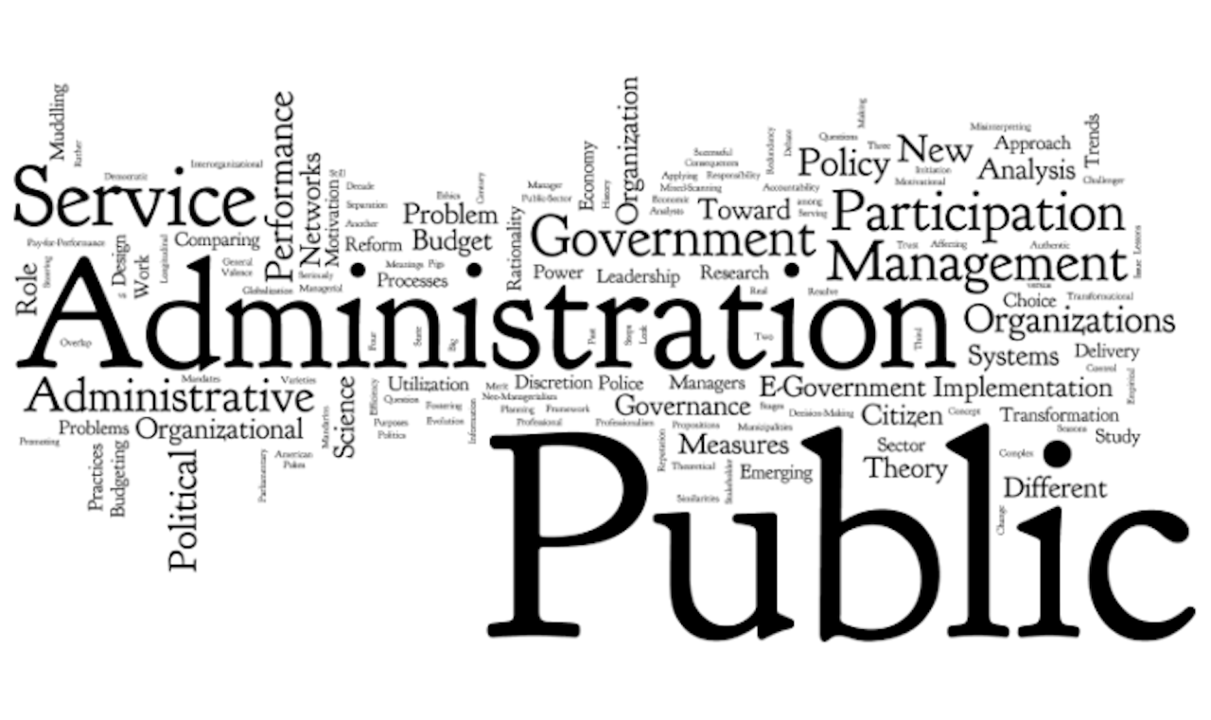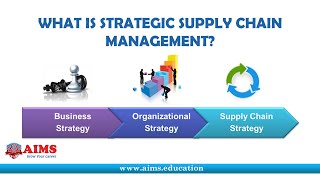
Master Supply Chain Management (Master Supply Chain Management) is a graduate degree that focuses exclusively on the management and control of supply chains. This course shows students how to improve customer service, reduce costs, increase information flow, and lower costs. These courses are offered at SNHU, CMU, and University of Pennsylvania.
Master's degree from SNHU in supply chain management
A master's program in supply chain management is a great way to get started in your career. SNHU offers an online program that takes less than 12 months to complete. Classes are held in 10-week segments that you can take at your own pace. The curriculum of SNHU was designed to equip you with the knowledge and skills you need to succeed in today's business world.
SNHU's College of Online and Continuing Education is a national leader in online education, and its master's in supply chain management program is no exception. It has the same degree content as the on-campus program. This will give you the knowledge and skills necessary to manage product life cycles and make good business decisions. The school is a veteran institution that has been around for more than 80 year and is committed in its mission to produce successful leaders. The university also offers four start dates a year, so you can start your master's program at any time.

Master's degree in Global Logistics from CMU
CMU's Master of Science program in Logistics and Supply Chain Management prepares students for leadership positions in business and the logistics industry. Students learn about logistics technology, data analytics and distribution modelling. They also improve their interpersonal and analytical skills. It combines classroom training with hands-on experience to help students become global business leaders.
This program focuses on global logistics management. With a globalized business landscape, this degree program helps business professionals keep up with changes in the supply chain and meet the increasing demands of global businesses. Additionally, students learn the leadership skills required to succeed in global logistics and supply chain management.
The program's part-time two-year format is suitable for working professionals with at least 10+ years of experience. The program includes two 10-day residence periods at supply chain hubs in Asia or Europe. Additional two-hour classes are also offered online. The program concludes in a focused case analysis.
University of Pennsylvania's Master's in Supply Chain Management
University of Pennsylvania offers an Online Master's Degree Program in Supply Chain Management. It is an accredited school and offers high-quality education. It adheres strict standards and is subject of periodic review by state and regional authorities. The tuition shown is for in-state students.

The curriculum focuses on integrated supply chain planning. Students work in groups to solve real-world problems and create a learning community. While most courses can be completed online, students must attend an on-campus residency for the first year. Students will also complete a comprehensive capstone assignment that displays their extensive knowledge of a real-world organisation's supply chain.
A master's degree program in supply-chain management is a great option for anyone who is interested in global logistics. The University of Pennsylvania offers a master's in supply chain management and a graduate certificate in supply chain management. This program prepares students and allows them to sit for the APICSCSCP certification exam. It is accredited by the Association to Advance Collegiate Schools of Business.
FAQ
What is Six Sigma?
This is a method of quality improvement that emphasizes customer service, continuous learning, and customer service. This is an approach to quality improvement that uses statistical techniques to eliminate defects.
Motorola created Six Sigma as part of their efforts to improve manufacturing processes in 1986.
This idea quickly spread throughout the industry. Today, many organizations use six sigma methods for product design, production and delivery.
How do you manage employees effectively?
Effectively managing employees means making sure they are productive and happy.
It also means having clear expectations of their behavior and keeping track of their performance.
To do this successfully, managers need to set clear goals for themselves and for their teams.
They should communicate clearly to staff members. They must communicate clearly with staff members.
They must also keep records of team activities. These include:
-
What did we accomplish?
-
How much work were you able to accomplish?
-
Who did it and why?
-
How did it get done?
-
Why did it happen?
This information is useful for monitoring performance and evaluating the results.
What is the difference of leadership and management?
Leadership is about influencing others. Management is about controlling others.
Leaders inspire others, managers direct them.
A leader motivates people and keeps them on task.
A leader develops people; a manager manages people.
What is Kaizen?
Kaizen, a Japanese term that means "continuous improvement," is a philosophy that encourages employees and other workers to continuously improve their work environment.
Kaizen is based on the belief that every person should be able to do his or her job well.
Why does it sometimes seem so difficult to make good business decisions?
Businesses are complex systems, and they have many moving parts. Their leaders must manage multiple priorities, as well as dealing with uncertainty.
Understanding how these factors impact the whole system is key to making informed decisions.
It is important to consider the functions and reasons for each part of the system. It is important to then consider how the individual pieces relate to each other.
You need to ask yourself if your previous actions have led you to make unfounded assumptions. If you don't have any, it may be time to revisit them.
You can always ask someone for help if you still have questions after all of this. They might see things differently than you and may have some insights that could help find a solution.
What are the most important management skills?
No matter if they are running a local business or an international one, management skills are vital. They are the ability to manage people and finances, space, money, and other factors.
You will need management skills to set goals and objectives, plan strategies, motivate employees, resolve problems, create policies and procedures, and manage change.
As you can see there is no end to the number of managerial tasks.
Why is project management important for companies?
Project management techniques can be used to ensure smooth project execution and meeting deadlines.
This is due to the fact that most businesses rely heavily upon project work in order to produce goods, and services.
Companies must manage these projects effectively and efficiently.
Companies can lose time, money, and reputation if they don't have a good project management system.
Statistics
- Our program is 100% engineered for your success. (online.uc.edu)
- Hire the top business lawyers and save up to 60% on legal fees (upcounsel.com)
- Your choice in Step 5 may very likely be the same or similar to the alternative you placed at the top of your list at the end of Step 4. (umassd.edu)
- The average salary for financial advisors in 2021 is around $60,000 per year, with the top 10% of the profession making more than $111,000 per year. (wgu.edu)
- The BLS says that financial services jobs like banking are expected to grow 4% by 2030, about as fast as the national average. (wgu.edu)
External Links
How To
How do I get my Six Sigma License?
Six Sigma is an effective quality management tool that can improve processes and increase productivity. Six Sigma is a method that helps companies get consistent results from their operations. The name "Sigmas" comes from the Greek words "sigmas", meaning "six". Motorola developed this process in 1986. Motorola recognized the need to standardize manufacturing processes in order to produce better products at a lower cost. There were many people doing the work and they had difficulty achieving consistency. To solve this problem, they decided to use statistical tools such as control charts and Pareto analysis. Then they would apply the techniques to all parts of the operation. They would then be able make improvements where needed. When you are trying to obtain your Six Sigma certification, there are three steps. To determine whether you are qualified, the first step is to verify your eligibility. You'll want to take some classes and pass them before you start taking any tests. Once you've passed those classes, you'll start taking the tests. You'll need to go back and review all the information you received in class. You'll then be prepared to take the exam. If you pass, you'll get certified. Finally, your certifications will be added to your resume.